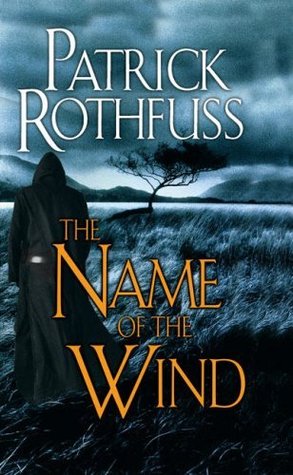 Brave New World
Brave New World
by Aldous Huxley
"Community, Identity, Stability" is the motto of Aldous Huxley's utopian World State. Here everyone consumes daily grams of soma, to fight depression, babies are born in laboratories, and the most popular form of entertainment is a "Feelie," a movie that stimulates the senses of sight, hearing, and touch. Though there is no violence and everyone is provided for, Bernard Marx feels something is missing and senses his relationship with a young woman has the potential to be much more than the confines of their existence allow.
From goodreads.com
I started to read
Brave New World with huge prejudice. After I read
We by Yevgeny Zamyatin, I read a lot of different things on the subject. One of these things was about the influence of
We on
1984 by George Orwell; and how George Orwell suggested that
We also influenced
Brave New World by Aldous Huxley; and how Aldous Huxley denied it. It isn’t actually important if any of these things are true or not. It doesn’t actually matter if
We had anything to do with
Brave New World or not. Thousands of literally works were influenced by Shakespeare’s plays and it doesn’t make these works either bad or good by default. However, even understanding all of that, I still couldn’t get out of it and started to read
Brave New World with huge prejudice and not a positive one. I’m not sure how much of this prejudice got into way of shaping my opinion on
Brave New World. But hey, none of us can ever be completely objective; all of us have past and our own package that determines our way of thinking, our opinions and our decisions.
So with this explanatory preface, I’m coming out in the open finally: I did not like
Brave New World by Aldous Huxley. I know that almost like all the western world is totally and completely in love with this book. Unfortunately, I’m not one of these followers. I don’t even want to try to determine the cause of this dislike; I will only list what I didn’t like.
I pretty much didn’t like the whole book: it was boring, uneventful and awkwardly structured. I didn’t care for or liked any of characters with exception of Mustapha Mond - Resident World Controller of Western Europe. He was the only character worth mentioning, in my opinion. I didn’t find anything new or original in
Brave New World; not ideas, not even a new perspective on old ideas. Maybe it is because this book itself became a classics and cliché for its greatness and now, eighty years after its first publication, nothing is new in it, because everything from it was reused and not once. However, even then, at the time of its first publication, it still wasn’t the first to present ideas in the way it did. Nevertheless, this is not important, because I promised not to analyze why I didn’t like one thing or another about this book. I also wasn’t very impressed with Aldous Huxley’s writing style: it was dry and uninvolved, with the small exception of conversation between the John the Savage and Mustapha Mond at the end.
I will stop at this point, bashing everyone’s favorite book to preserve my dignity and spare other people’s feelings. I’m not recommending this book for two very obvious, from my review, reasons: first, everyone is already reading and loving it; and the second, I didn’t like it, so why would I recommend it? From where I stand,
We by Yevgeny Zamyatin deserve much more attention.










